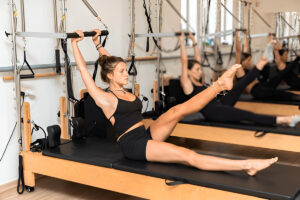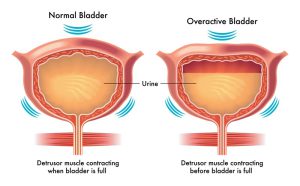A healthy lifestyle is critical for the elderly, and one of the most important factors in that healthy lifestyle is a regular exercise routine.
This will assist any elderly person with their overall fitness and health, and help reduce the risk of any long-term illnesses and diseases.
Many elderly folk, who are in stay at home personal care, put off visiting an exercise physiologist as they don’t feel as though they have enough time to make an appointment or that they are too old and therefore it’s a waste of time.
However, any exercise or health regime can be prescribed based on the needs of the individual.
As we grow older, our physiology begins to change which obviously leaves us to be more vulnerable to various illnesses and diseases.
This means that a regular exercise regime involving a number of exercises, such as walking and swimming, is the answer to a healthy and happy life.
Make sure that you’re doing exercises that you actually enjoy so you can keep going with it rather than get bored.
How Much Exercise Should Elderly People Do?
It’s advised that elderly people should 150 minutes per week of exercise at a moderate intensity.
This is to ensure that they are getting what they need without overdoing it.
However, the odd faster paced exercise session can be beneficial if they are balanced out with slower, low impact sessions.
The good news is that regardless if they are in stay-at-home personal care or in aged care, they should be able to exercise regularly to keep them fit and healthy.
We would advise a mix of resistance training, aerobic training, and balance & flexibility training as they will have the biggest long-term effects on your overall health.
Consulting a local exercise physiologist or your local GP is necessary as they will assist in coming up with a suitable plan and schedule to ensure everything is being done as safely as possible.
It’s also worth remembering that with regular exercise they can almost certainly expect to have an improved quality of life and increased life expectancy which comes with a number of added benefits including being able to watch their family grow up.
In addition to this, it’s important to remember that having much much-needed consistency in a routine is much more important than intensity.
If they have the urge to have an intense session one day then that’s okay but remember that the goal should be to consistently work out. It’s very much a case of quality over quantity.
In conclusion, whether they’re in an aged care facility or they’ve engaged a care provider for stay at home personal care, exercise is a good addition to the routine of an elderly person.
The biggest hurdle is making it a priority and getting some consistency in their routine to ensure they reap all the benefits.



